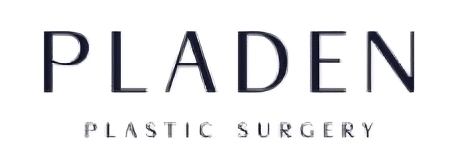Acne Treatment
Pladen Skin Clinic Seoul Korea
Advanced Acne Treatments in Gangnam, Seoul
Pladen Skin Clinic provides professional acne treatments in Seoul, Korea, focusing on controlling active breakouts, reducing inflammation, and preventing future acne while protecting overall skin health. Located in Gangnam, the clinic offers customized acne treatment programs tailored to individual skin types, acne severity, and lifestyle factors.
Acne is a complex condition that often requires a multi-step, long-term management approach rather than a single treatment.
Why Choose Pladen Skin Clinic for Acne Treatment?
- Experienced medical professionals specializing in acne and problem skin
- Customized treatment plans based on acne type and skin sensitivity
- Focus on inflammation control and skin barrier protection
- Suitable for teenage, adult, and hormonal acne
- Foreign-friendly clinic with English communication support
Each acne treatment plan is designed to improve skin condition safely and sustainably.
Understanding Acne
Acne develops when pores become clogged with oil, dead skin cells, and bacteria, leading to inflammation. Contributing factors may include:
- Excess sebum production
- Hormonal changes
- Stress and lifestyle factors
- Improper skincare or irritation
Accurate assessment of acne type and skin condition is essential for effective treatment.
Acne Treatment Approaches
Active Acne Control
- Reduce inflammation and redness
- Manage oil production
- Calm irritated and sensitive skin
Skin Renewal & Balance Care
- Improve overall skin texture
- Support healthy cell turnover
- Strengthen skin barrier function
Combination Acne Programs
- Multiple treatment modalities combined
- Customized intensity and scheduling
- Designed to reduce recurrence and scarring risk
Treatment methods are selected based on acne severity, skin type, and treatment response.
Common Acne Treatment Areas
- Face
- Jawline and chin (hormonal acne)
- Chest
- Back
- Neck
Treatment plans are adjusted depending on acne distribution and skin sensitivity.
Acne Treatment Procedure & Recovery
Treatment Time
Sessions typically take 20–40 minutes, depending on treatment type.
Downtime & Recovery
- Minimal downtime
- Temporary redness may occur
- Daily activities can usually be resumed immediately
How Many Sessions Are Needed?
Acne treatment often requires multiple sessions and ongoing management for best results.
Acne Treatment Pricing in Seoul
Pricing varies depending on:
- Acne severity and treatment method
- Treatment area
- Number of sessions recommended
A personalized consultation is recommended to determine an appropriate treatment plan and cost estimate.
Book an Acne Consultation in Seoul
Pladen Skin Clinic welcomes both local and international patients seeking safe and effective acne treatment in Seoul, Korea.

